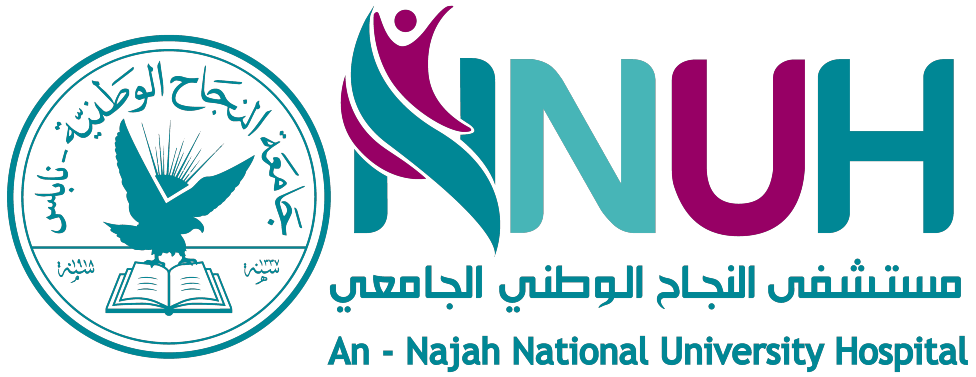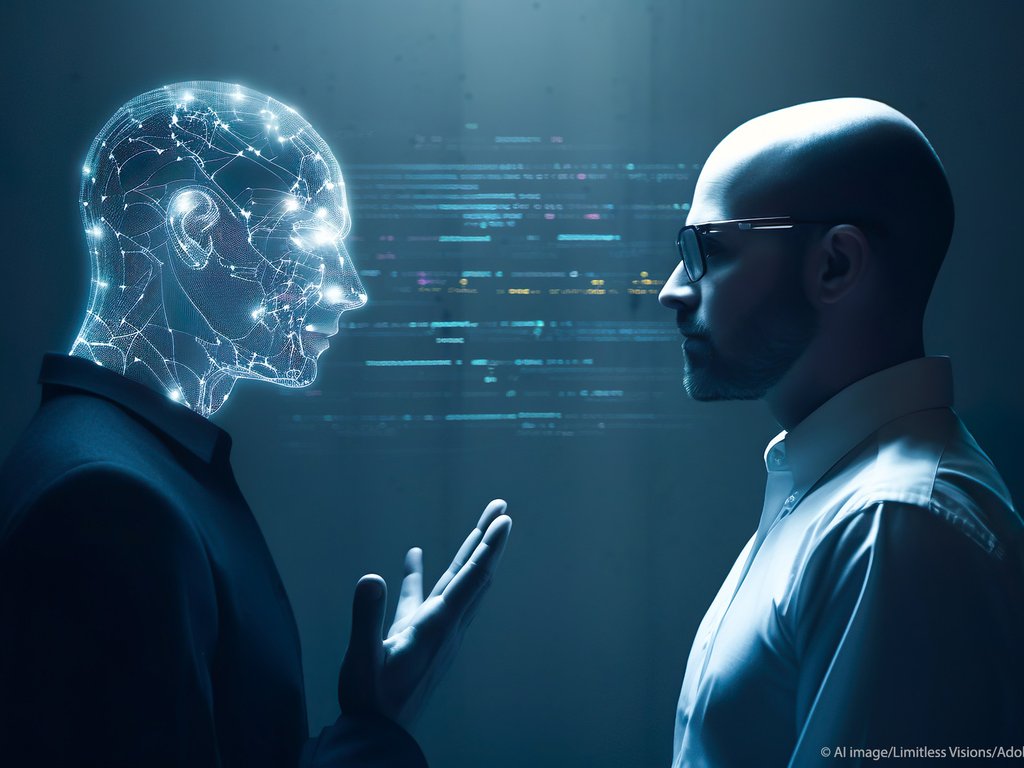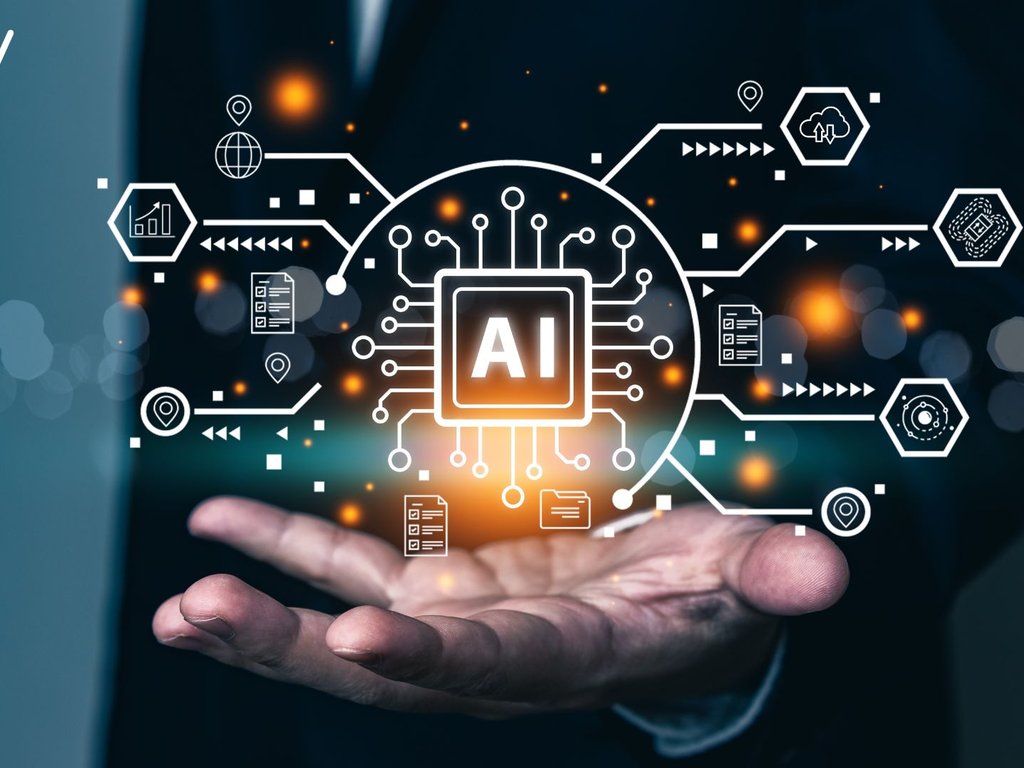Article: Rahaf Sholi 15\12\2023
Have you ever imagined that a new technology will diagnose your disease, without waiting a long time to see your busy doctor? Or perhaps a robotic doctor?
Is it possible that technology will enter low-middle-income countries, like Palestine?
Many questions will cross your mind, and many concerns will come out from your head, to understand this new style of the third revolution of the technology world in medicine, especially countries like Palestine.
In the last ten years, digital health tools have been widely available throughout Palestine and the Middle East and North Africa (MENA). Beginning with the widespread implementation of electronic health record (EHR) and hospital information systems (HIS) technologies. In particular, for understudied populations like the Middle East and North Africa (MENA) countries, and Palestine specifically, the increased adoption of EHRs and HIS systems presents a great opportunity for data-driven healthcare (Sun et al., 2012), clinical research (Cowie et al., 2017), and even machine learning for diagnostic and prognostic applications (Cowie et al., 2017, Kim et al., 2019).
Artificial Intelligence (AI) uses in the medical world
Would you like to have a magic to give you the right decision for your disease?
To know what magic is in the previous question, Arthur Clarck described AI “Any sufficiently advanced technology is indistinguishable from magic.”
Many definitions of artificial intelligence (AI) have surfaced over the last few decades, John McCarthy offers the following definition: " It is the science and engineering of making intelligent machines, especially intelligent computer programs. It is related to the similar task of using computers to understand human intelligence, but AI does not have to confine itself to methods that are biologically observable."
AI is a technology that became the most popular science in the last decade, and perhaps, this popularity comes from the revolution of social media platforms and digital healthcare. We all know that in order to succeed in this technology, you have to have great predictions, and these predictions need huge amounts of data.
Big data played an enormous role in the technological revolution, it's the basis of AI prediction in social media platforms, and helped analytical data companies in the economy and the political world, like elections and advertising. Another type of data is the special data, and It helped a lot of companies to improve their services to their customers, and played a great role in the medical field.
One of the AI types is machine Learning (ML). This area of research in artificial intelligence focuses on creating and analyzing statistical algorithms that can successfully generalize, enabling them to carry out tasks without the need for explicit instructions.
In the medical technology world, Large volumes of data must be collected in order to effectively train machine learning and apply AI in the healthcare industry. However, obtaining this data is not well appreciated by the public and typically comes at the expense of patient privacy.
Many countries started to do research about this field, and build robotic doctors, like STAR- a robot surgeon, who has successfully performed a complex surgery in America without the guidance of a human hand. The surgery done on the soft tissue of a pig, therefore this a step towards robots being ready to conduct fully automated surgery on humans.
Doctors and public opinions in AI healthcare in Palestine
Palestine, as any country in the world, is trying to develop its healthcare system, especially the digital systems.
Many Hospitals have entered modern techniques in their treatments, but the question is, would people have enough information about AI diagnosis? Or do they trust AI to heal them? Or do they prefer the traditional way?
We went to ask many specialists about their opinions, and we have started with Dr. Faris Abu Shamma - the director of the urology center of excellence at NNUH, said, “as a urologist, I strongly believe that artificial intelligence (AI) will play a significant role in the field of medicine. AI has the potential to assist in diagnosing and treating various health issues. For instance, there have been numerous articles demonstrating the effectiveness of AI in analyzing MRI and CT scans for conditions like prostate cancer and stone disease”, Dr. Faris explained and continued, “AI exhibits a remarkable level of accuracy that rivals, and sometimes surpasses, human capabilities. Additionally, the idea of integrating patients' scans into machines, like robotic surgery, may even allow robots to conduct surgeries on behalf of humans in the future.”
Dr. Yahia Esmail - a cardiologist consultant has explained his opinion, “AI will play an enormous role in diagnosing and treating, people won’t be suffering with time, because they will have very fast diagnosis, because AI will have large data, and this helps to reach the treatment faster.”
Dr. Yahia also confirmed the accuracy of AI, and was sure that AI will have 95% accuracy percentage, especially in cancer disease diagnosis, but if it has the right data. “Palestine is very far away from these techniques, because we still don’t have the infrastructure and the basics of AI, therefore, we can’t blame the patient if he doesn’t want a robotic doctor to examine his case in our country”, Dr. Yahia clarified and continued, “we don’t have enough data, or excellent quality to build AI, thus, we still depend on our way of treatment.”
In the end of his speech, he confirmed that AI helps Doctors in diagnosis, and never cancelled them as common belief, because the procedure will stay only with doctors.
Dr. Muna, an ophthalmic resident, said about AI, “In ophthalmic exams, the diagnosis depends on the subjection and objection exam”, and continued, “therefore, it’s difficult to be programmed in the subjection exam, because there is variation in the clinical assessment.”
“Artificial intelligence could be used in general ophthalmic and treatments with limits, but not in subspecialty one”, Dr. Muna explained.
On the other hand, Rawand Hattab, a public relations employee and a mother for two girls, explained her opinion, “as a citizen, it’s hard to trust AI, it will never be smart enough to understand human issues, for example; I can’t describe the source of the pain very well to a machine. Whatever AI has huge data, but at some point, we need a human mind to analyze the illness.”
For the new generation, Maryam Sholi, a university student, said, “I think, AI helps to get our goal faster and easier than before, but in diagnosis case, I am not very sure to trust AI, because we live in a place where can not give you a guarantee to develop these technologies, For instance; Gaza strip now is forbidden from using any technology mean to heal the patients from the war, also the infrastructure is destroyed, so we are not sure that this going to be useful to us, or just wasting of money.” In general, Maryam was sure that AI helps doctors and the medical world to give the patient an easier life, “I am not against AI in general, with enough data, it will help our life to get better, and I hope this will come to Palestine."
PS: Lines under words are the references of the article
- hitcount : 283


